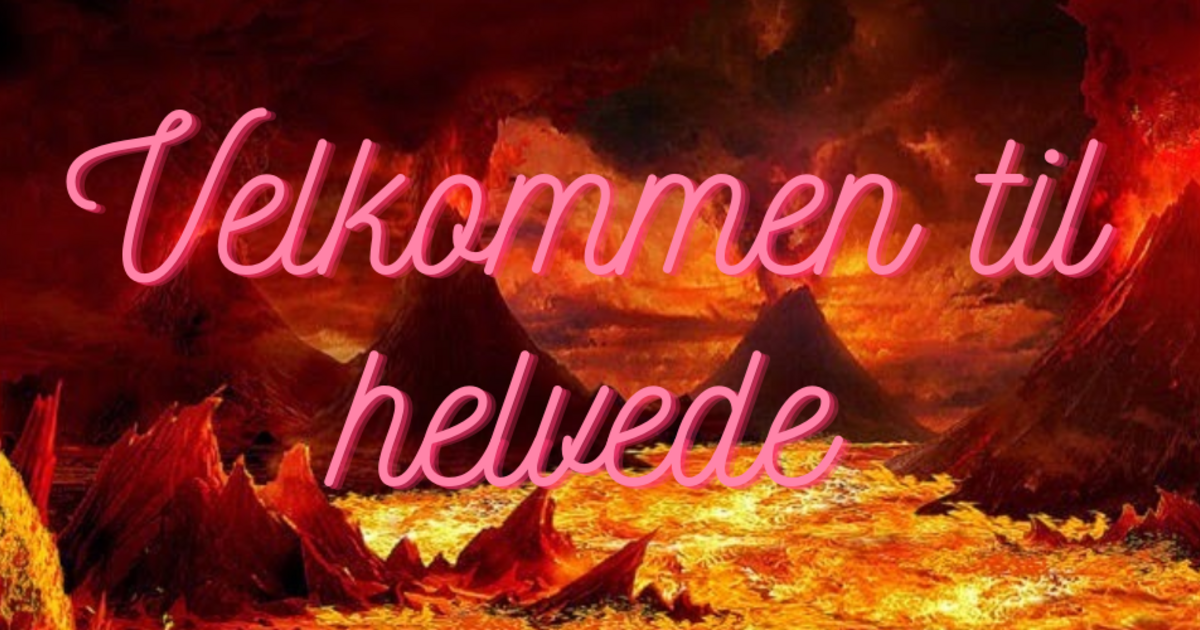"Although the contributions here were written before the events of October 7, it is impossible to read the book outside of the many conflicts that continue to divide the left on the question of Israel and Palestine. At times, the arguments here lack a sufficiently critical perspective on Israel, Zionism and the political economy of occupation. Antisemitism, indeed, exists. There are also antisemitic perspectives regarding the state of Israel and Zionism. In a treatment of the Initiative Socialist Forum (ISF), for example, Stoetzler relates some of the history regarding the anti-Zionism of the Stalinist and Maoist, German New Left (16-17). The politics of antisemitism, however, is also being instrumentalized by defenders of Israeli policy against those who express solidarity for occupied Palestine. Although one does find a differential account of the Frankfurt School’s varying political orientations in regarding Zionism here, too often the treatment of the Palestine question plays into equivocations regarding the politics of anti-Zionism and antisemitism in a manner that reduces all criticism of Israel to pathologized forms of anti-imperialism or anti-capitalism. The uncritical acceptance of an absolute identity of Israeli policy and Jewishness can also be a form of antisemitism, as Braune observes (165). Such equivocation preempts the possibility of enlightened, rational criticism of Israeli policies. Can such a critical perspective that grasps the concrete violence of Israel-Palestine be grasped in its mediation by capitalist society? At times it seems not. Still, the arguments presented here are far from monolithic, and should be considered."


